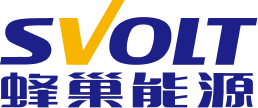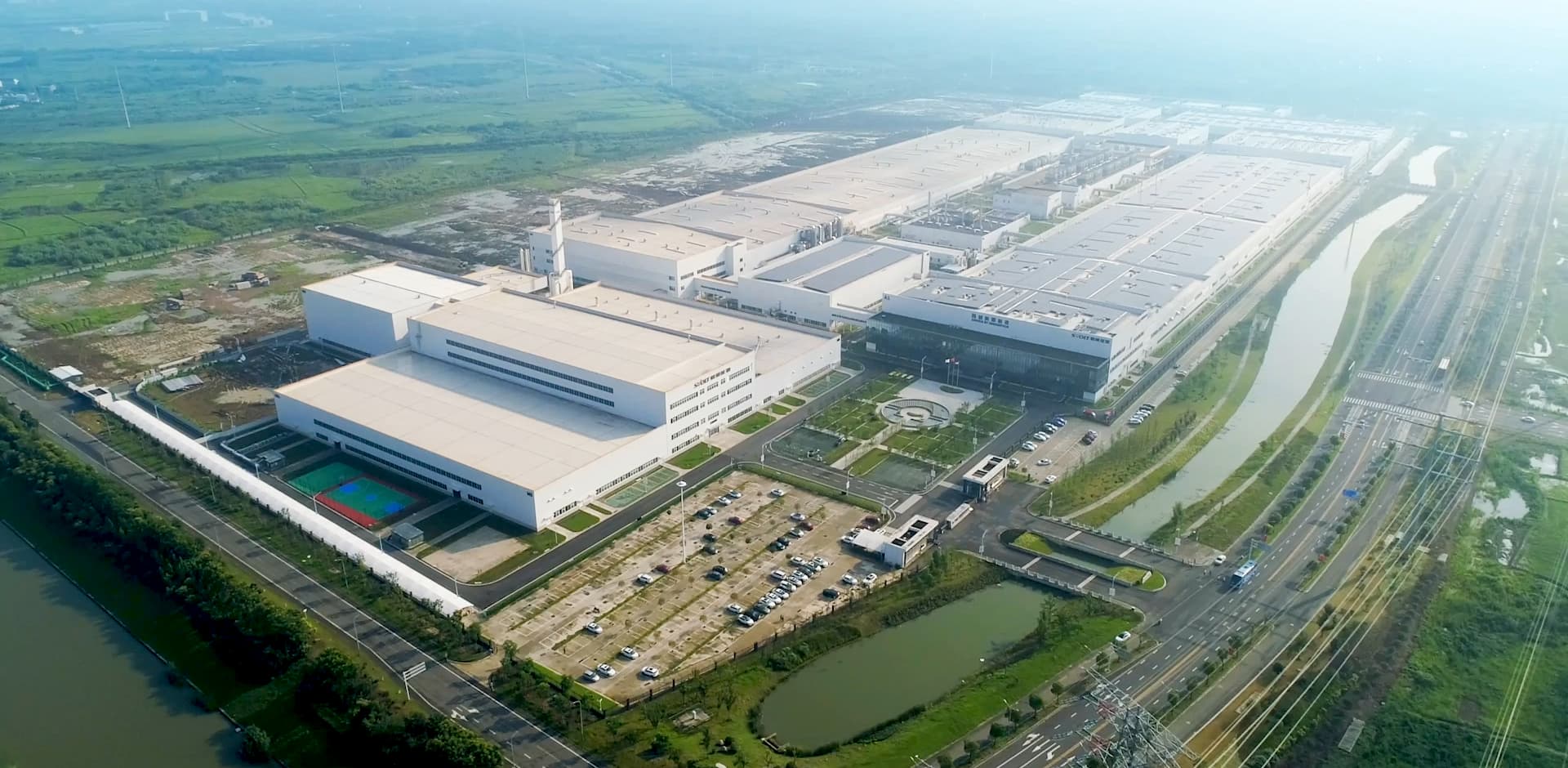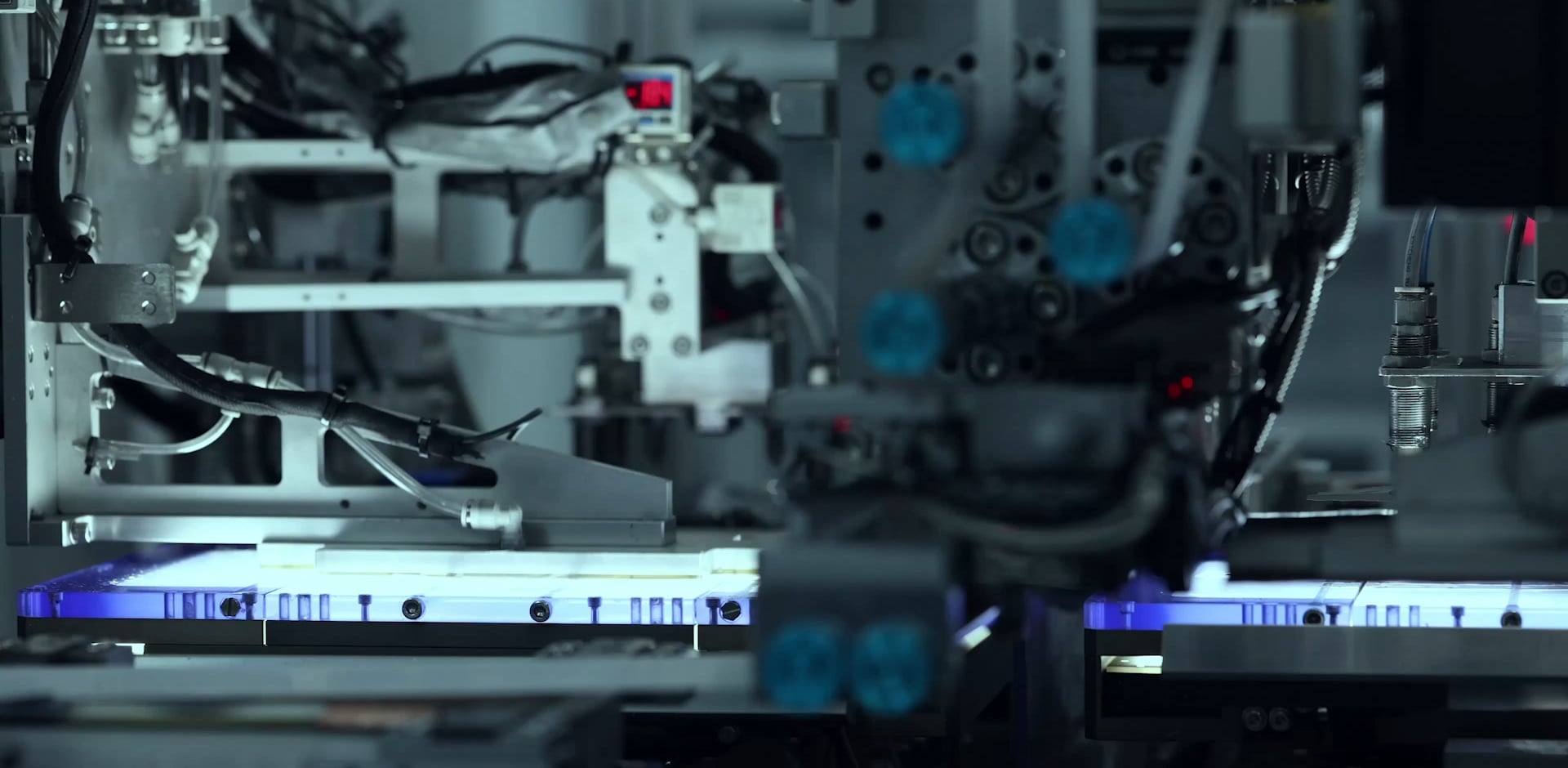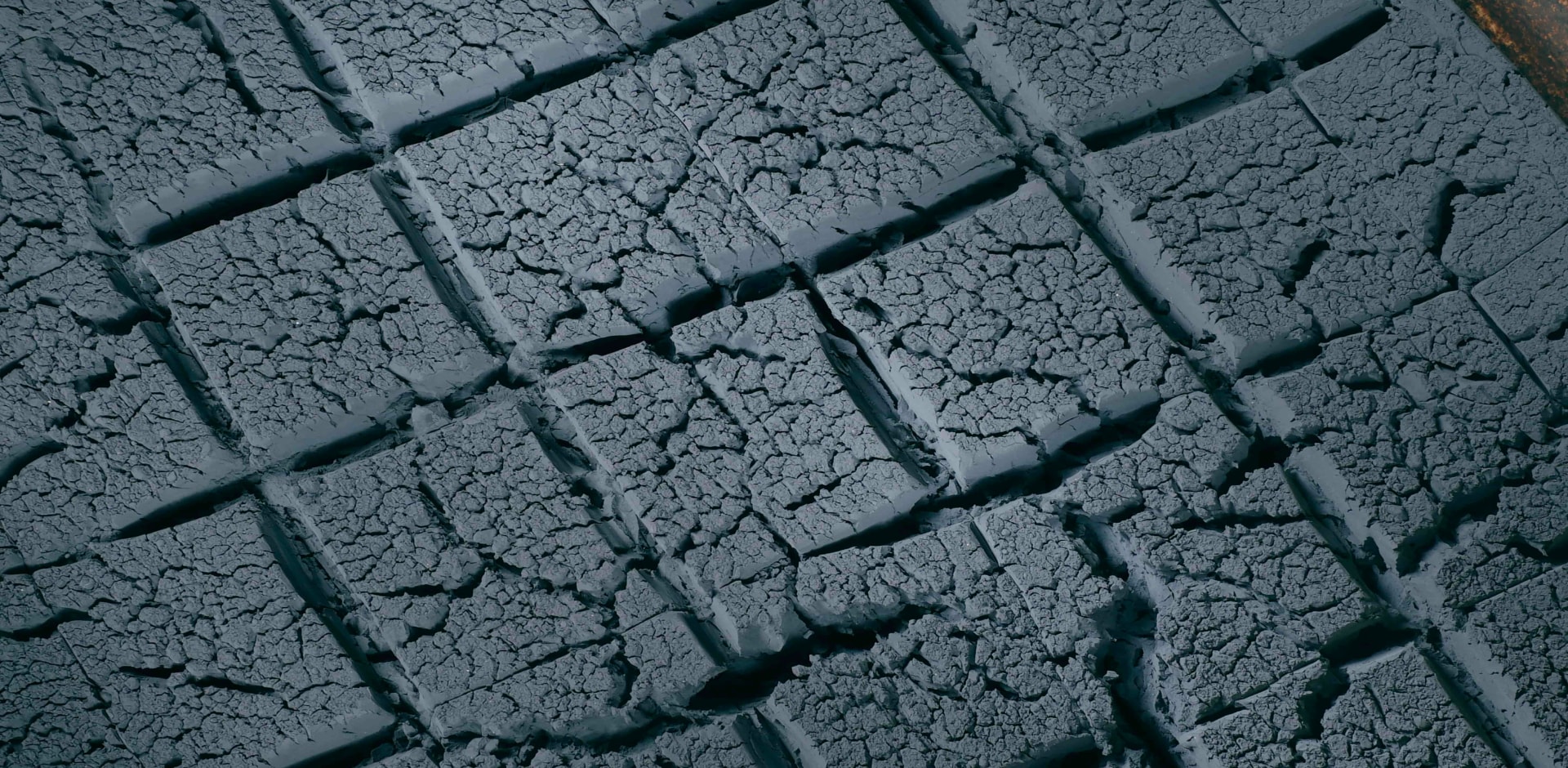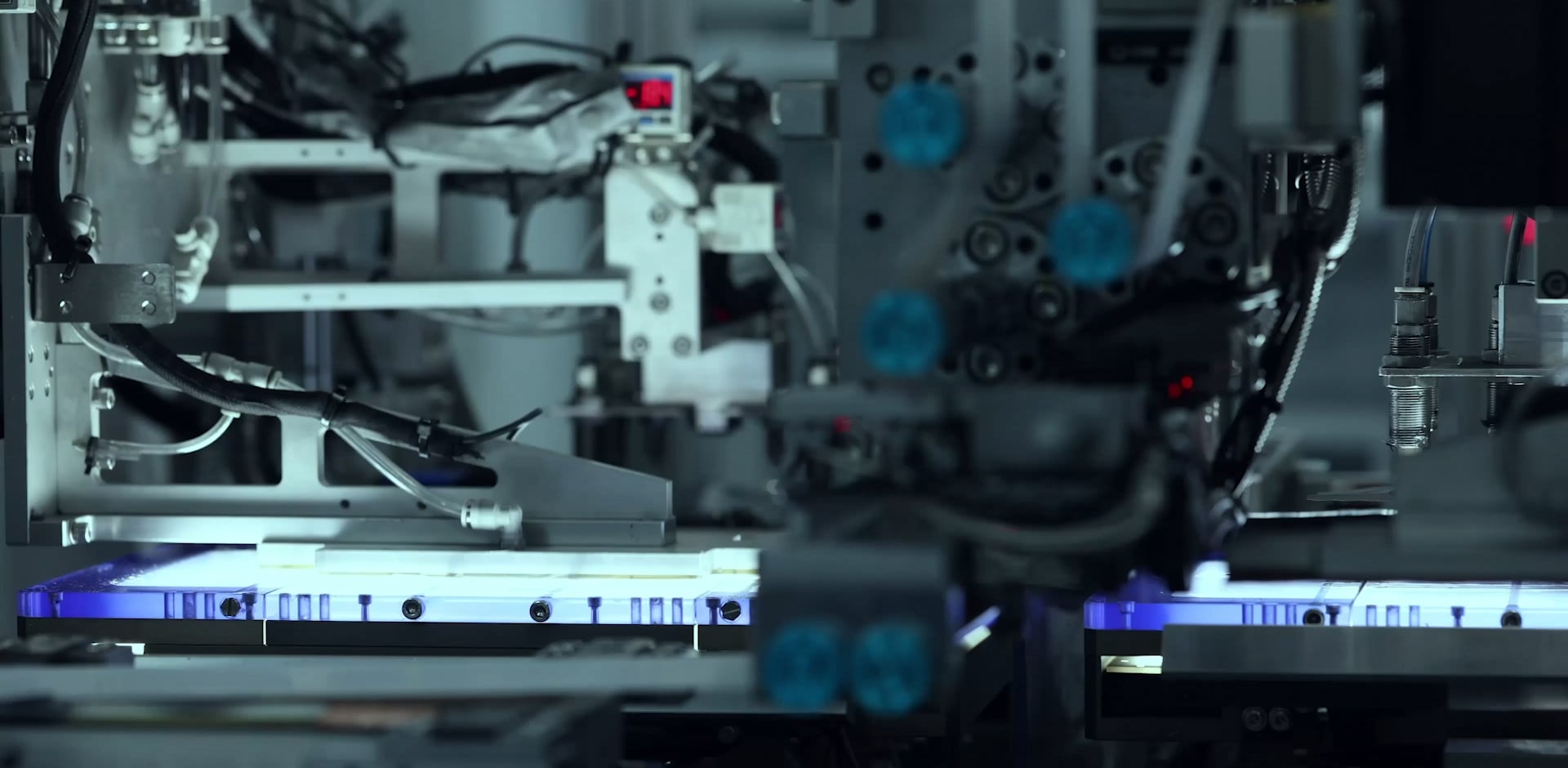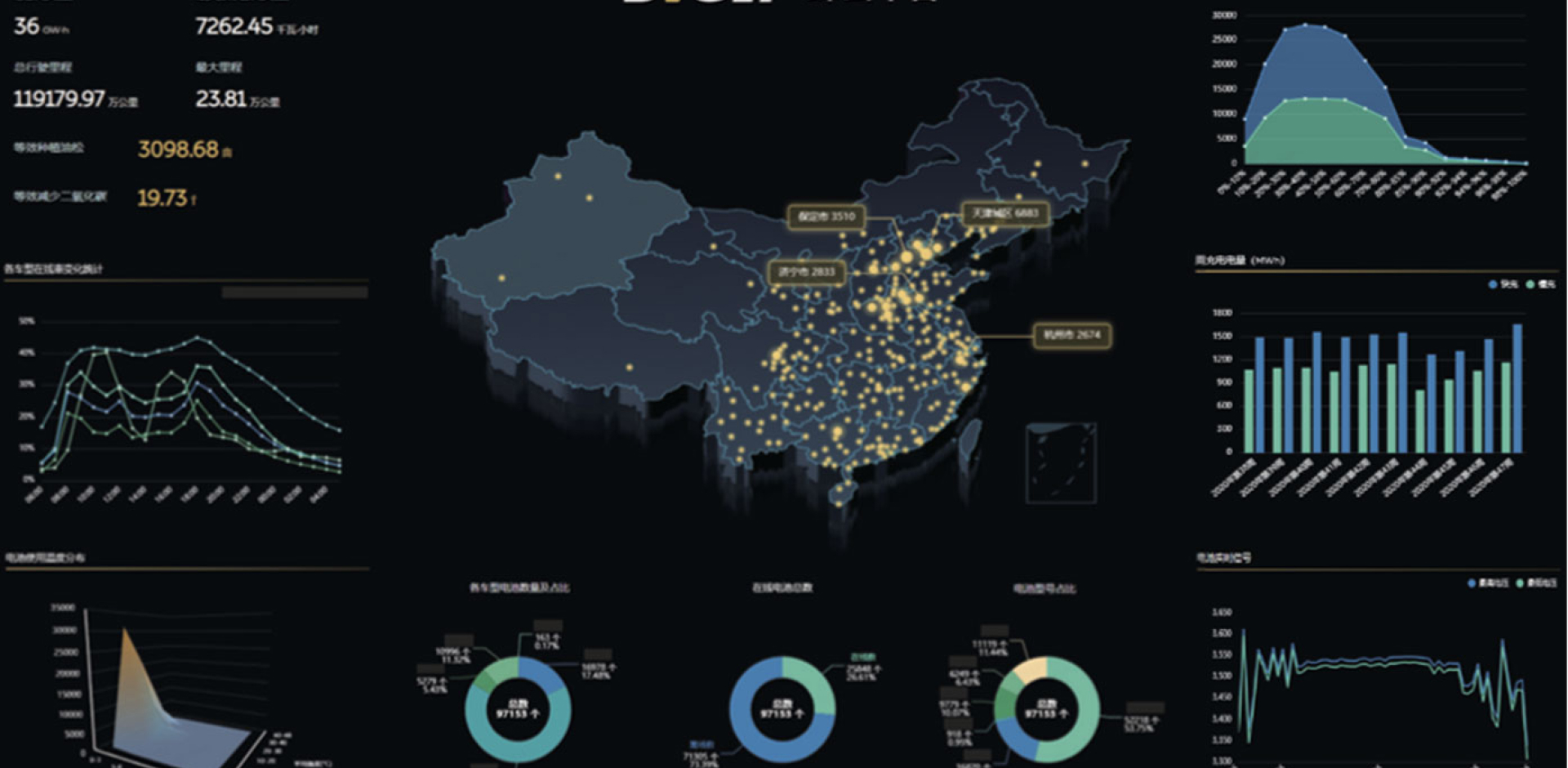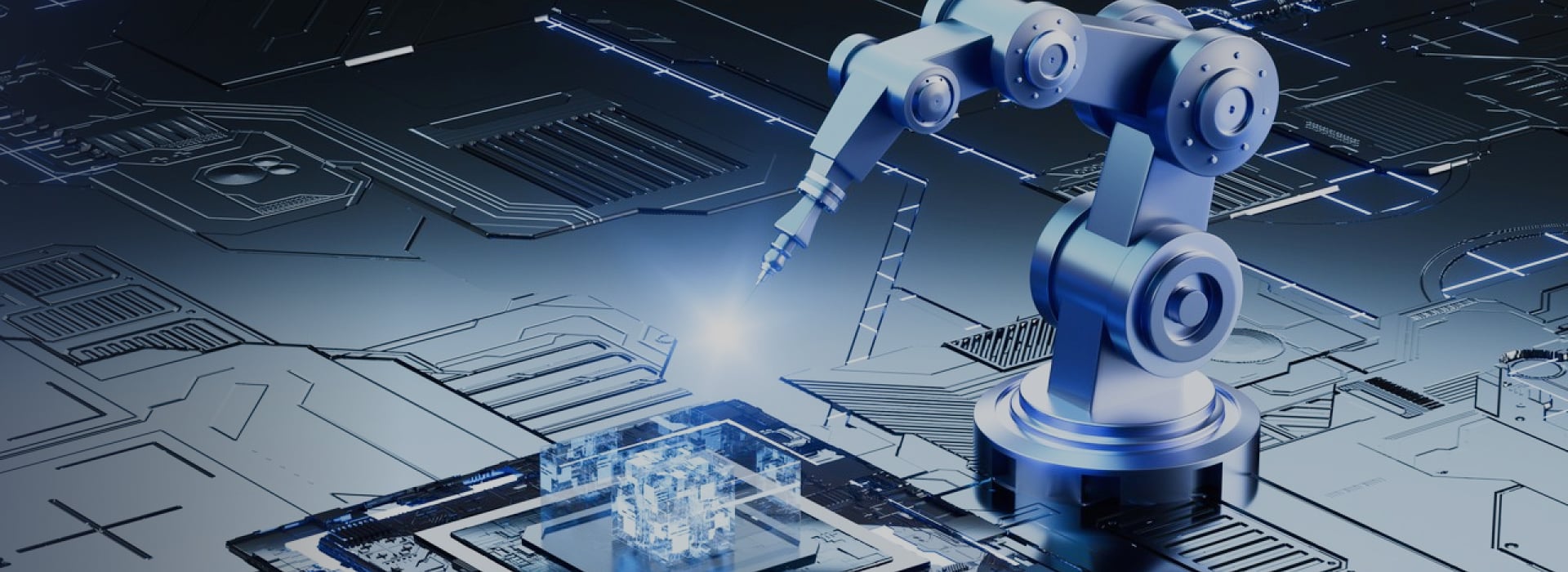
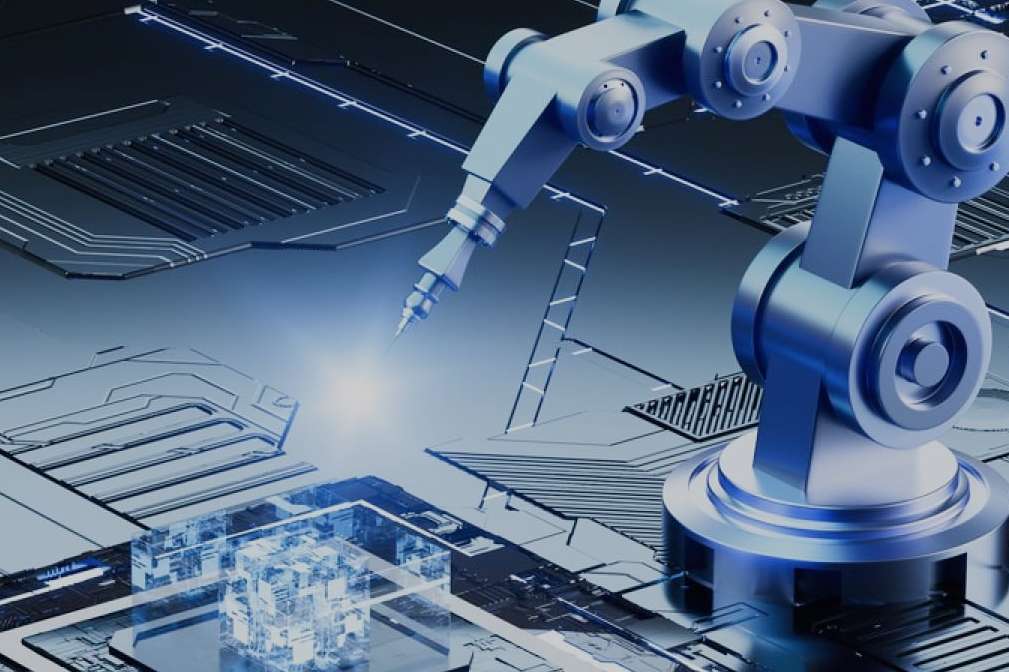
Driven by Innovation
Continuous innovation and breakthroughs have been made in the six core directions of manufacturing, technology, materials, cells, structure, and battery monitoring to provide users with a better experience.
Global Innovation and Research Center
SVOLT has established six major R&D Centers for global innovation and R&D.

-
2500+
R&D personnel
-
40%+
Proportion of master's and doctoral degree candidates
-
13
Professional trial production line
-
8000+
Domestic and foreign industry patents
Core Technology Advantages
-
High safety
With the goal of preventing thermal spread in the whole package, the safety of the cells is ensured from multiple dimensions, such as the intrinsic safety improvement, safety design of structural components, and the safety redundancy design.
ARC testing
-
2-5℃
T1 improvement
-
5-10℃
T2 improvement
-
50-100℃
T3 decrease

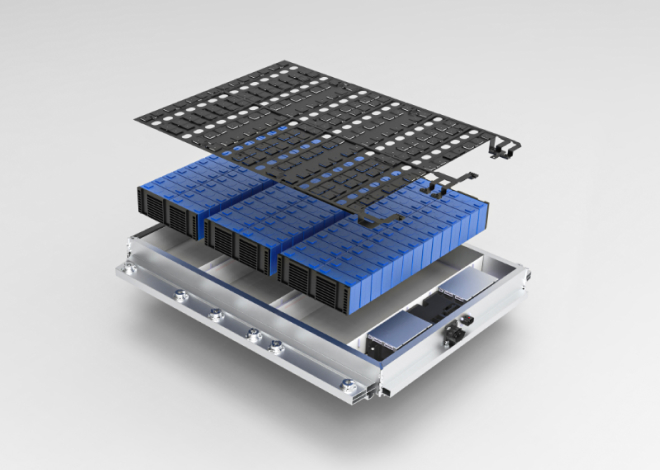
-
-
Fast charge
All products have a capacity of 2.2C or above, and the proportion of cells (4C-6C) with higher fast charge capacity is gradually increasing.
-
Cathode system design
Spot- line conductive additives are adopted to form a conductive network design with strong fast-charging capability to reduce impedance.
-
Anode system design
Surface amorphous carbon coating material is adopted, with low OI value design.
-
Diaphragm pore design
Highly porous (40%-50%) high-strength base film is adopted.
-
Design of ultra-high conductivity electrolyte
Lithium ion conductivity is enhanced by viscosity reducing solvents + low impedance additives.


-
-
High specific energy
For the square cell, ternary achieves 300Kh/kg, and the iron lithium exceeds 190Kh/kg.
-
Application of cathode and anode materials with high top density and high-gram capacity.
-
Application of pre-lithium technology, double-layer coating, and thick electrode technology.
-
Application of minimalist structures to improve space utilization.


-
-
Long lifespan
Energy storage of over 8,000 cycles and power of over 3,000 cycles.
-
Cathode selection design
Iron block + phosphoric acid process is selected for the material precursor, which can prevent the introduction of impurities in the raw material and control the magnetic material content to be ≤ 2ppm.
-
Anode selection design
Generally, single-particle route is adopted or a certain proportion of secondary particles is mixed. The surface of the particles is smooth, with a small proportion of fine powder and uniform particle size distribution.
-
Diaphragm selection design
A mixed coating layer isolation film with a coating thickness of 2-3 μm is selected to improve the ability of isolation film to adsorb electrolyte and ensure large surface wetting of the electrode.
-
Electrolyte design
The proportion of film-forming additives is adjusted to maintain the stability of SEI during the cycling process.


-
Six Major Innovations
Continuous innovation and breakthroughs have been made in the six core directions of manufacturing, technology, materials, cells, structure, and battery monitoring to provide users with a better experience.
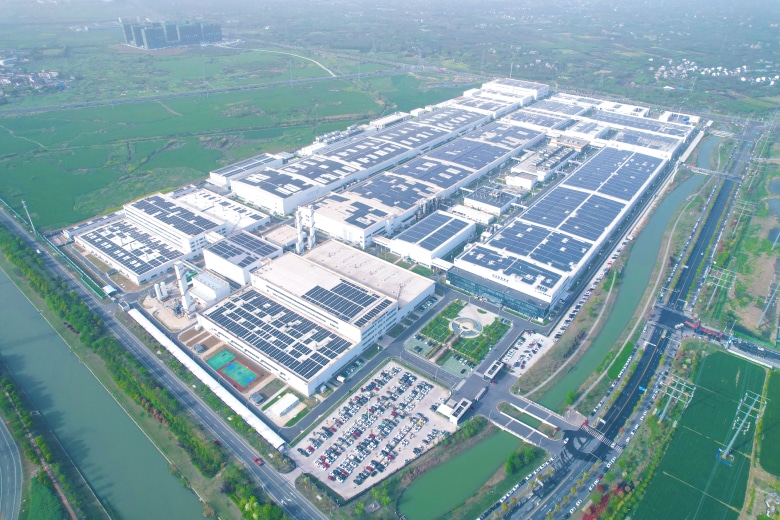
Creating Smart Factory System Standards
SVOLT has successfully established a smart factory system standard to solve industry pain points such as low R&D efficiency, large amount of manual work, large batch quality fluctuations, and extreme manufacturing equipment, providing industry standards for the construction of smart factories. At present, the smart factory model is being replicated in multiple manufacturing bases across the country, promoting the intelligent transformation and upgrading of the new energy industry, and supporting the national energy revolution.
Exploring the smart factory ecology


Promoting Intelligent Transformation and
Upgrading of the New Energy Industry
-
Maximum safety
The safety of batteries comes first. The application of advanced intelligent manufacturing technology is carried out with focus on production and driving safety. During the production process, 5G+ visual inspection and thermal runaway-related application cases are followed to ensure the safety of the production process.
-
Top quality
Due to the complexity of the production process of lithium batteries, IoT technology is used to collect 27000 data points of process, equipment, quality, and products for real-time monitoring and analysis, achieving a closed-loop management of collection-analysis-feedback control.
-
Peak efficiency
The production efficiency of stacking has been improved from 0.6/s per stack (45-degree rotary stacking) in 2019 to 0.125/s per stack (multi-stack cutting, multi-stack stacking) in 2022.
-
Minimum manpower
At present, 90% automation has been achieved in the lithium battery industry in production, and SVOLT realized 100% fully automatic detection and zero leak checks with the help of AI big data technology. Key processes have gradually been launched, and unmanned factories will gradually be achieved in the future.

